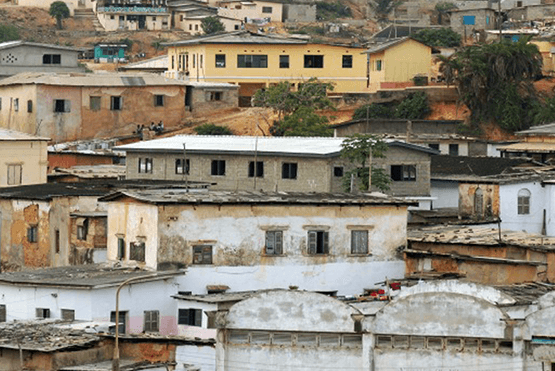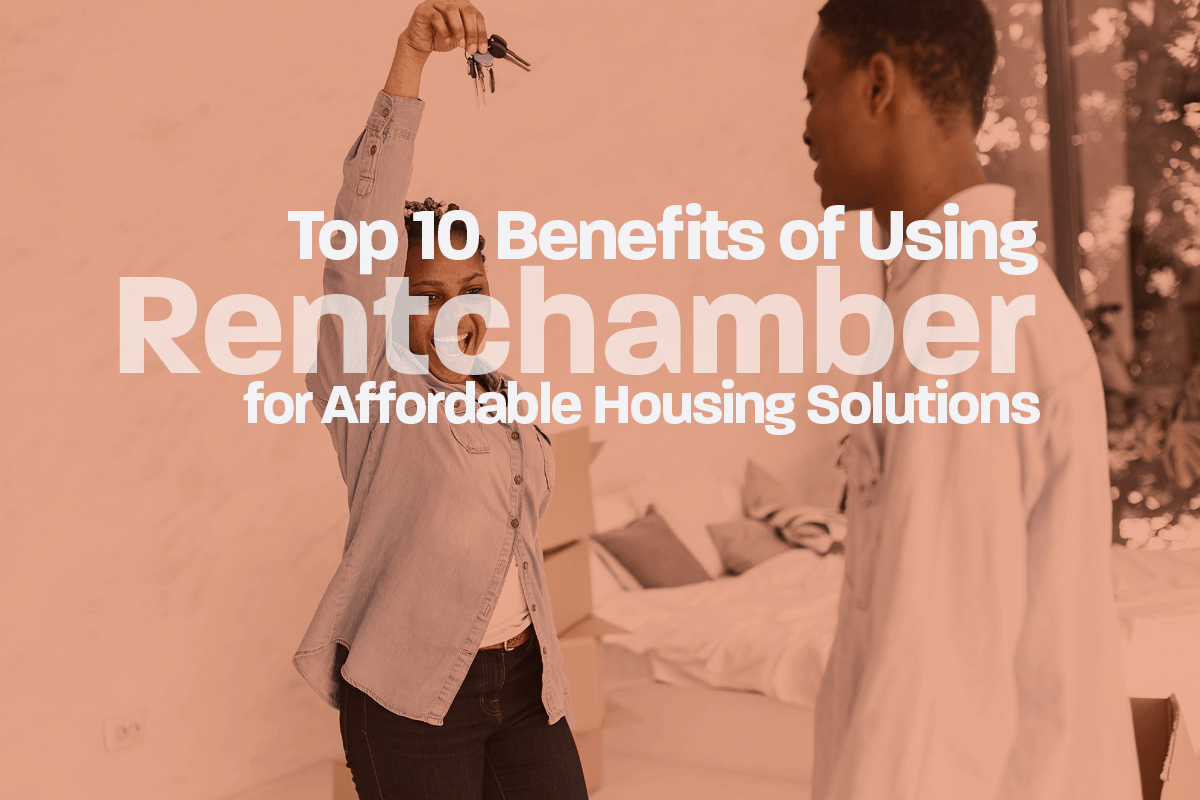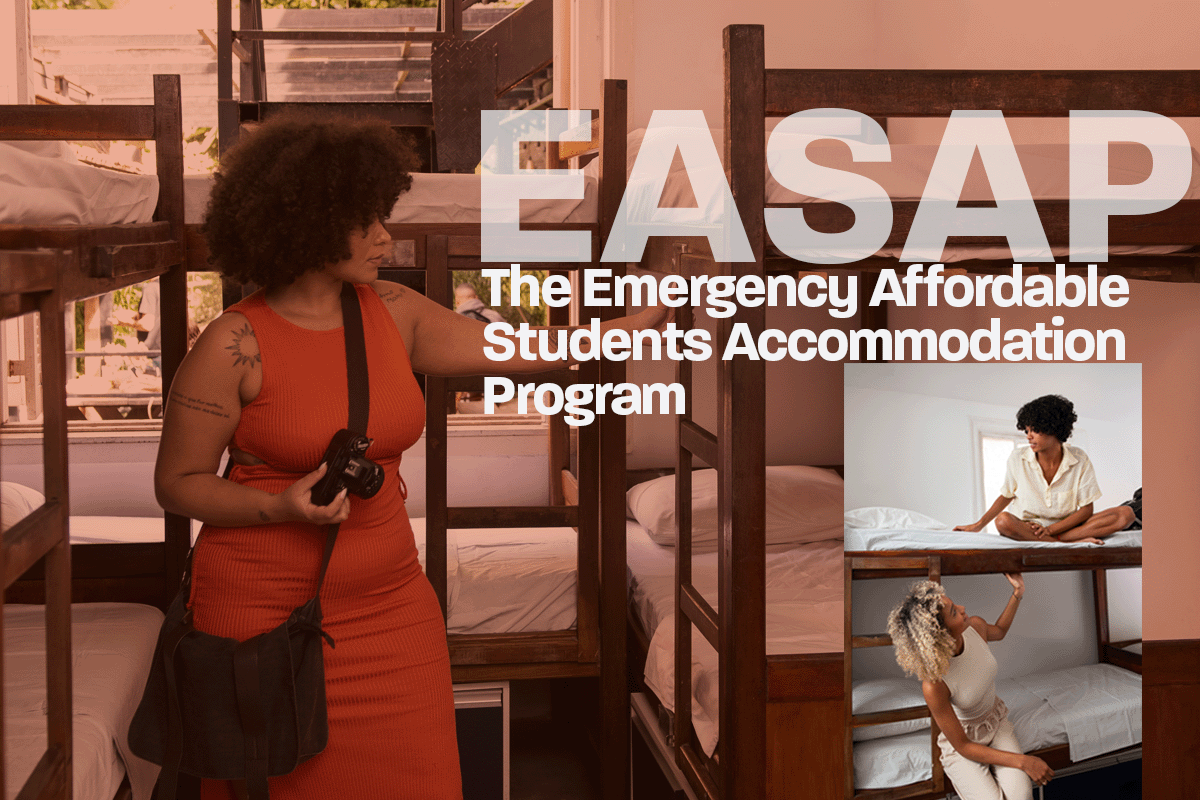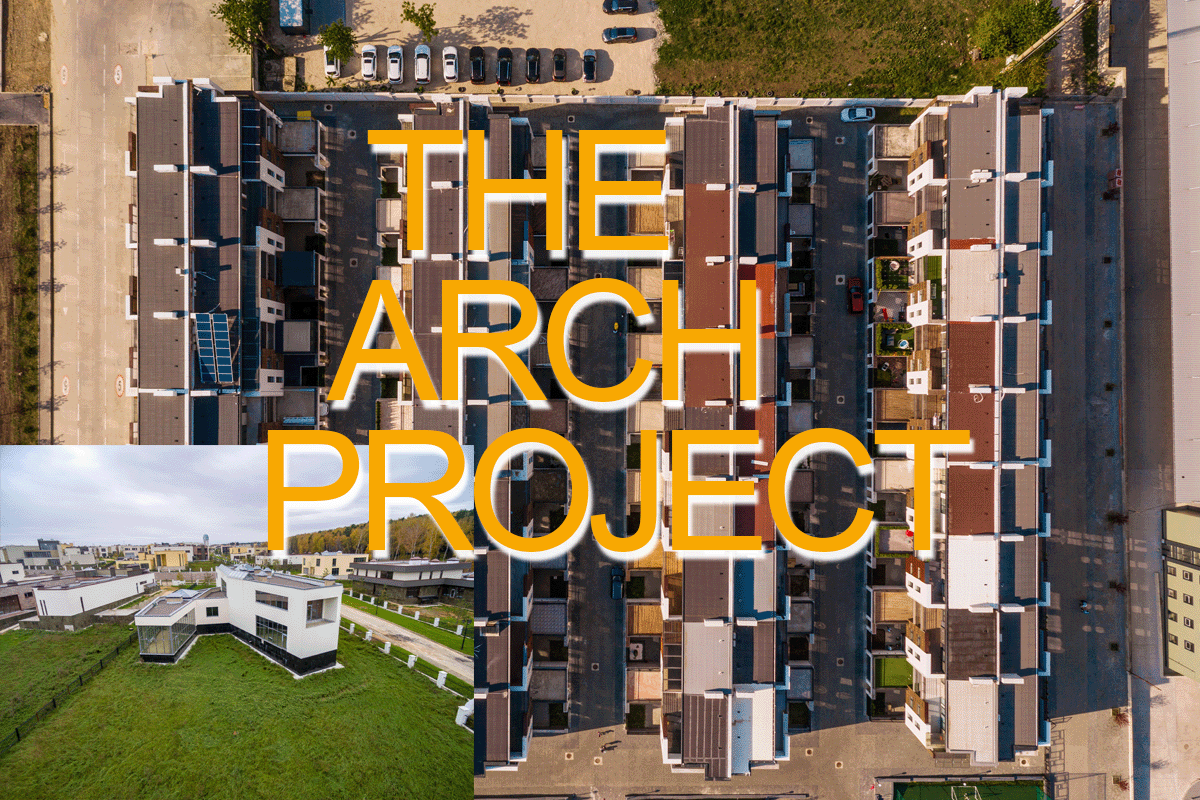As the urban landscape of Accra, Ghana, continues to evolve under the pressures of rapid urbanization, the critical issue of affordable housing has emerged as a significant challenge. The allure of better economic opportunities and improved quality of life draws people from across the nation to the capital city. However, this influx of population presents a complex problem – how to provide adequate, affordable housing for all residents amidst the growing demands of urban growth. This article delves into the multifaceted challenge of affordable housing in Accra, exploring its root causes, current initiatives, and potential solutions.
The Urbanization Dilemma: A Rising Demand for Housing
Accra’s population growth is undeniable, and as more people seek employment and better living conditions, the demand for housing escalates. This urbanization trend is largely driven by the allure of city life, which has resulted in a scarcity of affordable housing options for many. The rapid pace of urbanization has outpaced the city’s ability to expand housing infrastructure, leading to a stark divide between those who can afford suitable homes and those left grappling with inadequate living conditions.
Root Causes of the Affordable Housing Crisis
Several factors contribute to the challenge of affordable housing in Accra. The limited availability of developable land within the city’s core, coupled with complex land tenure systems, poses significant hurdles for urban planners and developers. Additionally, the high cost of construction materials, lack of access to formal financing, and inadequate urban planning have further compounded the crisis
Government Initiatives and Private Sector Collaboration
In response to the affordable housing challenge, both the Ghanaian government and private sector stakeholders have initiated efforts to alleviate the situation. The establishment of affordable housing projects and partnerships with private developers reflect a commitment to addressing the housing crisis. These initiatives aim to provide housing options for various income levels while incorporating sustainable and innovative design solutions.
Community-Led Solutions and Empowerment
Community-led initiatives are playing a vital role in bridging the affordable housing gap. Local organizations, NGOs, and community groups are championing collaborative efforts to develop and implement solutions tailored to the needs of specific neighborhoods. By involving residents in the planning and decision-making processes, these initiatives empower communities to take ownership of their housing challenges.
Innovations in Design and Construction
Embracing innovative design and construction techniques is crucial for overcoming the limitations posed by land availability and construction costs. Sustainable building materials, efficient use of space, and modular construction methods are being explored to create cost-effective and environmentally friendly housing solutions.
Towards a Livable Future for Accra
The challenge of affordable housing in Accra is undeniably complex, rooted in the intricate interplay of urbanization, land constraints, economic factors, and governance. Addressing this challenge requires a multi-pronged approach that combines government policies, private sector investment, community empowerment, and innovative design. As Accra strives to become a more inclusive and livable city, it is imperative that affordable housing takes center stage in urban planning and development discussions.
By fostering collaboration, embracing innovation, and prioritizing the needs of its residents, Accra has the potential to transform its affordable housing landscape and pave the way for a more equitable and prosperous urban future.




